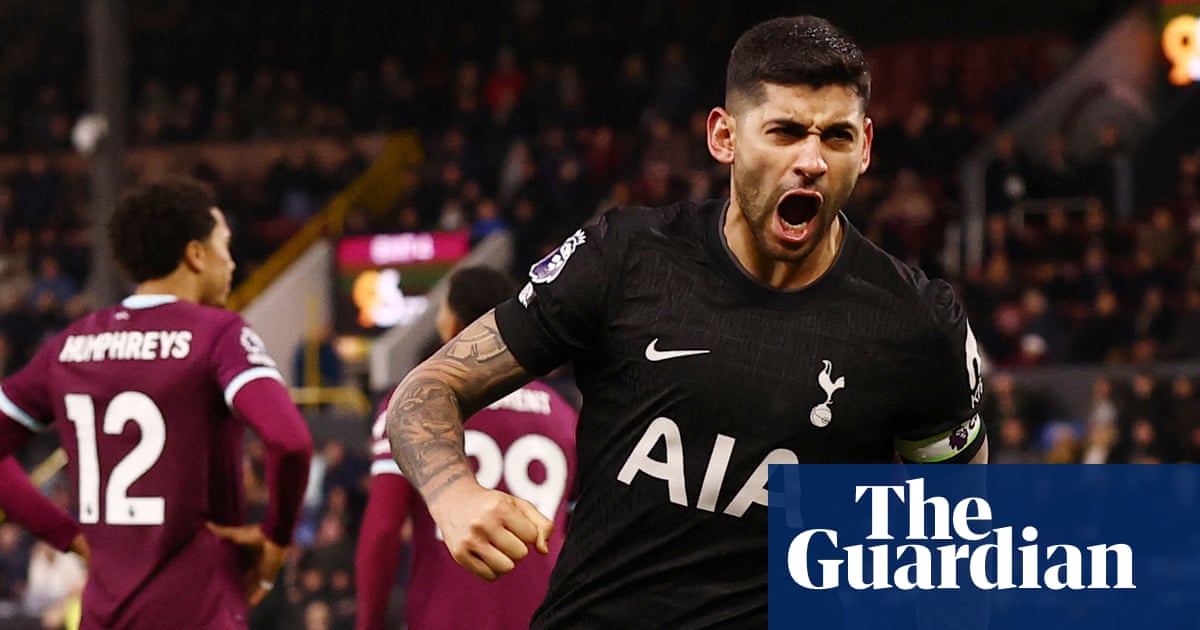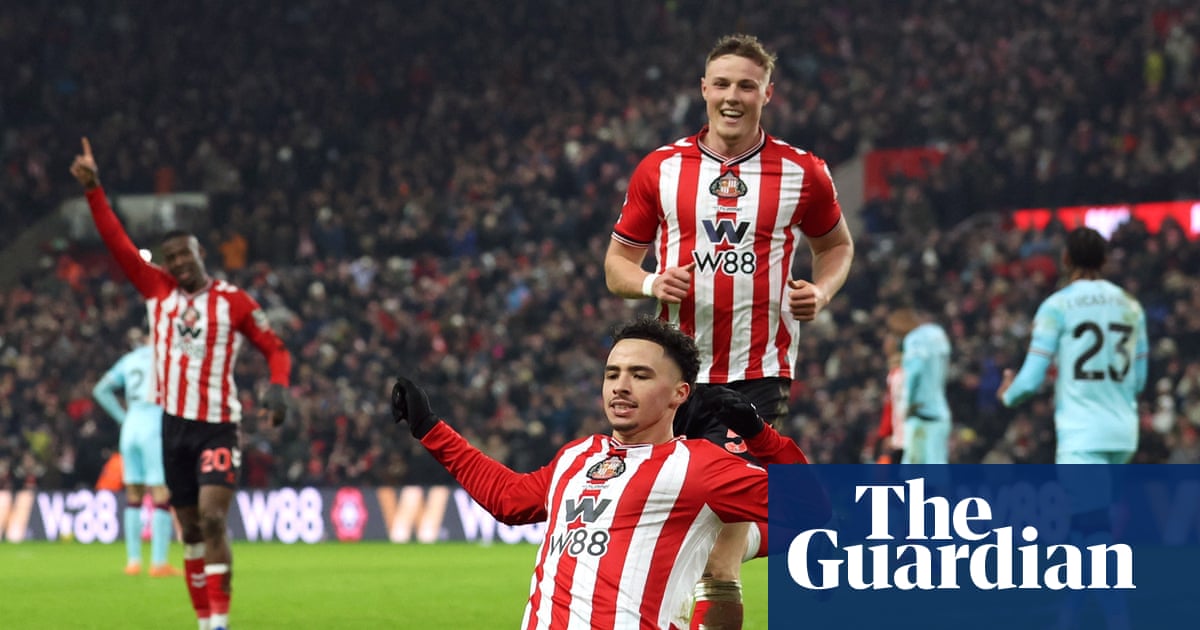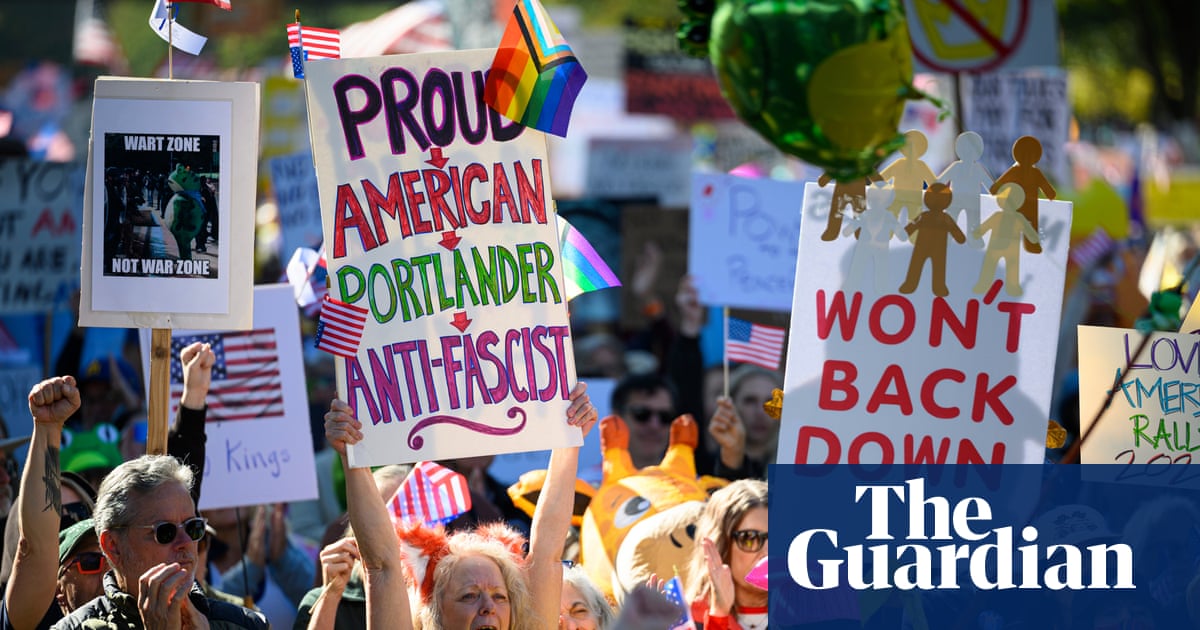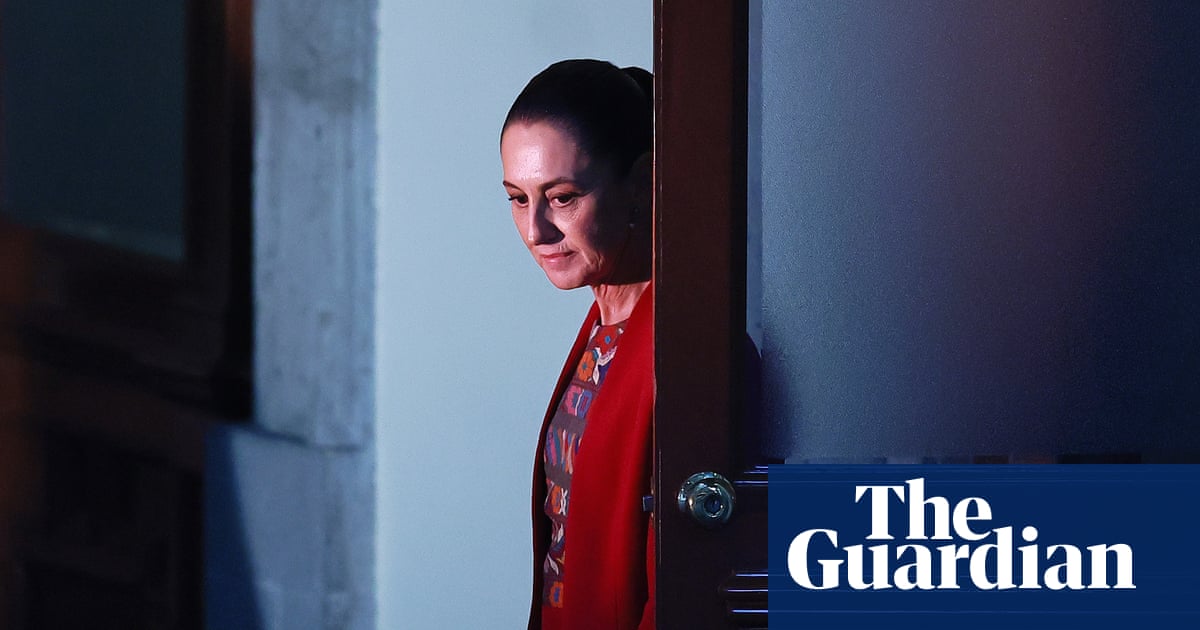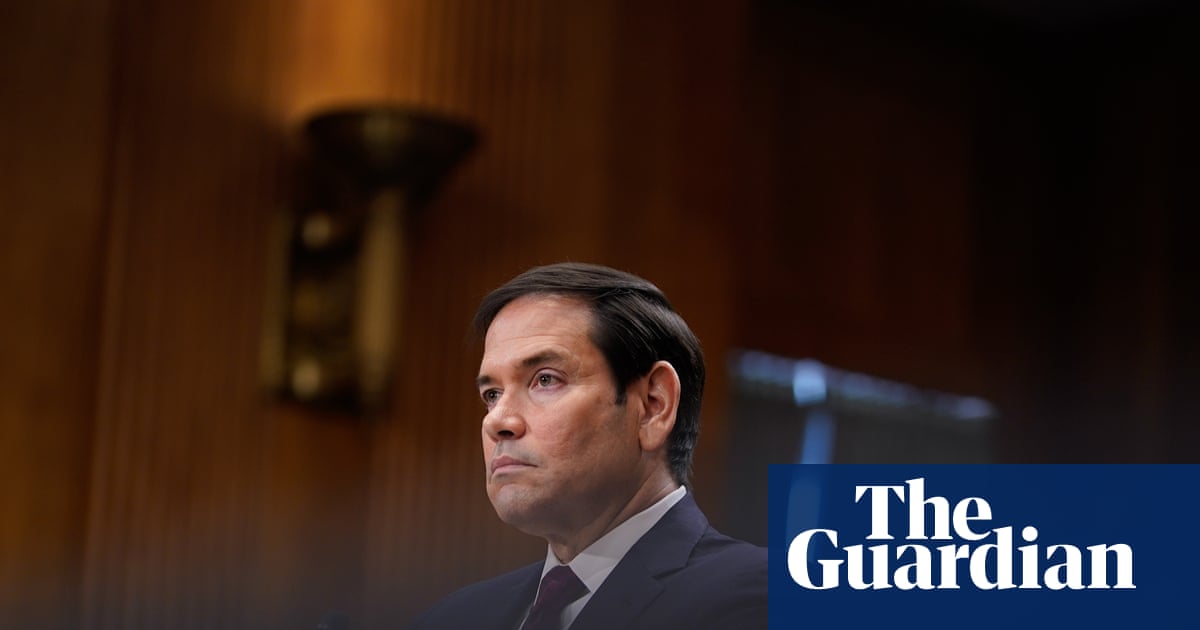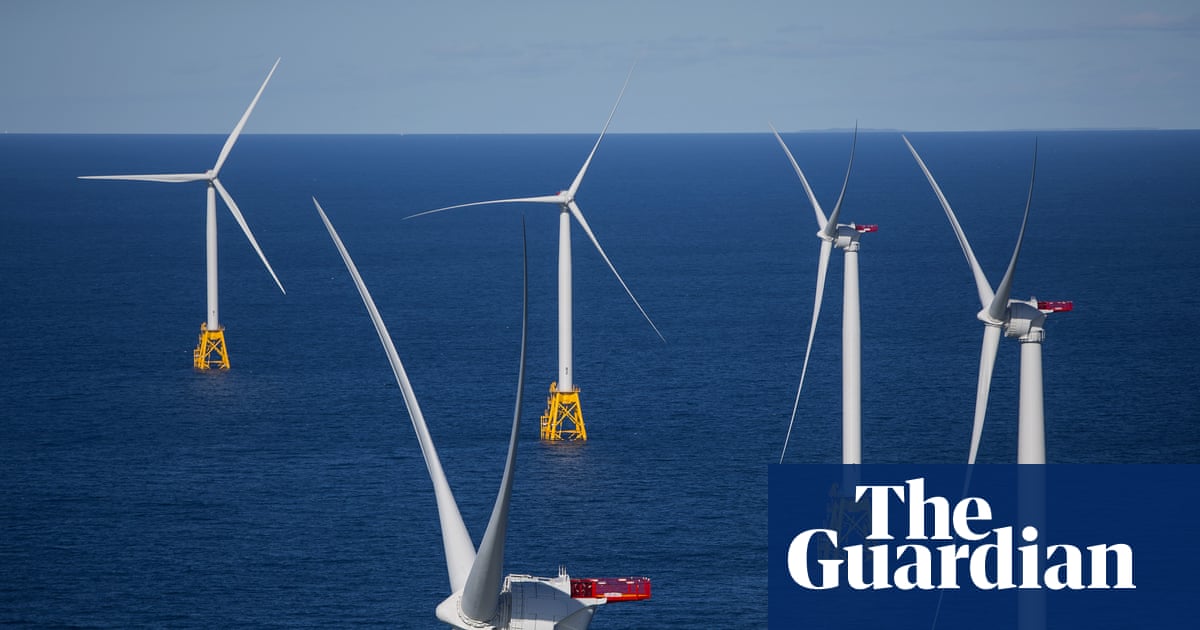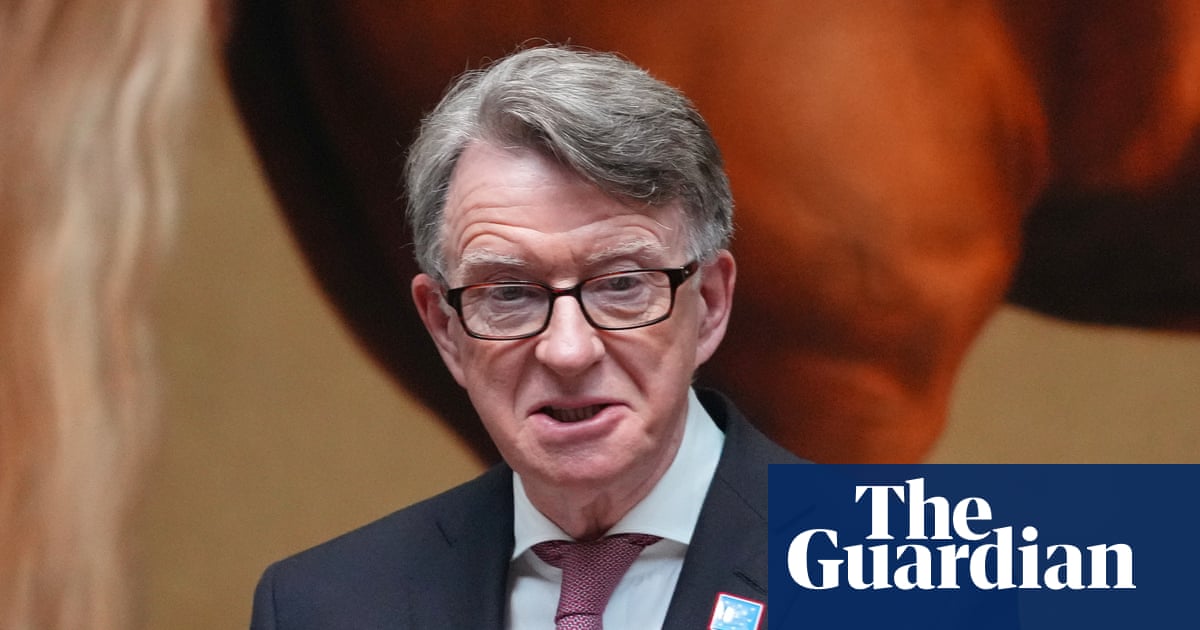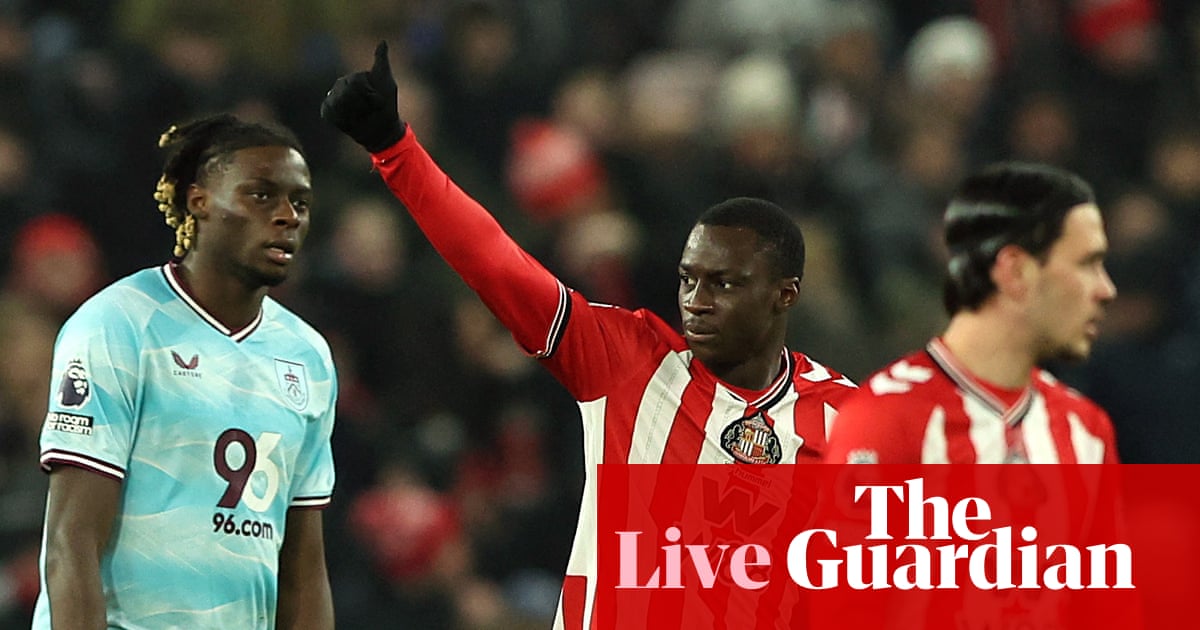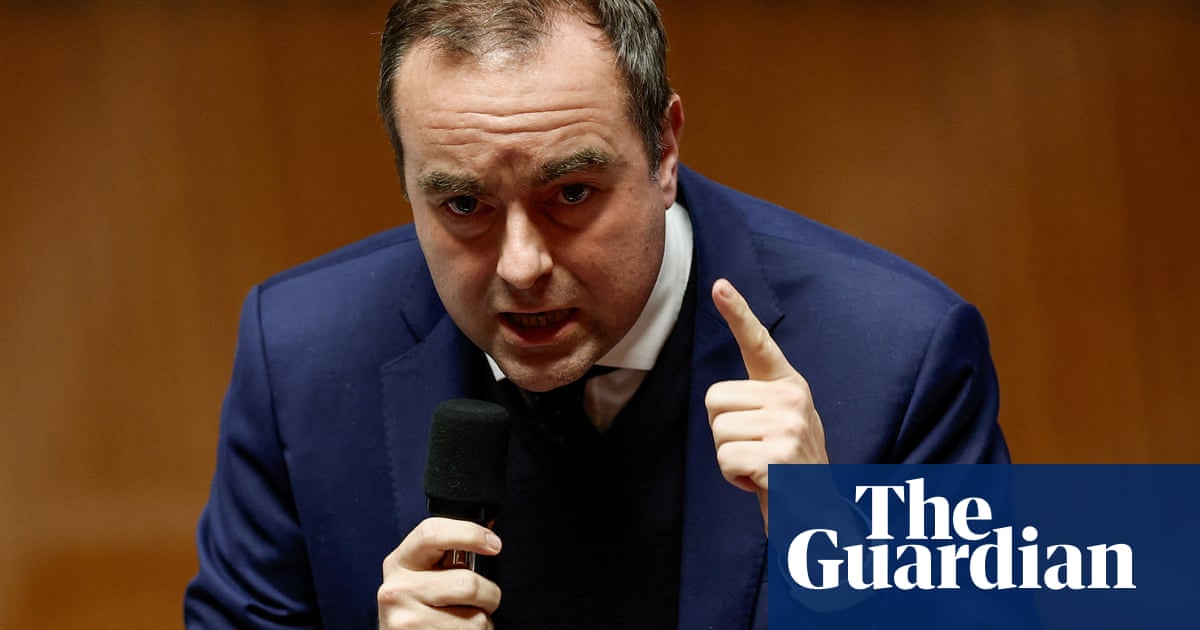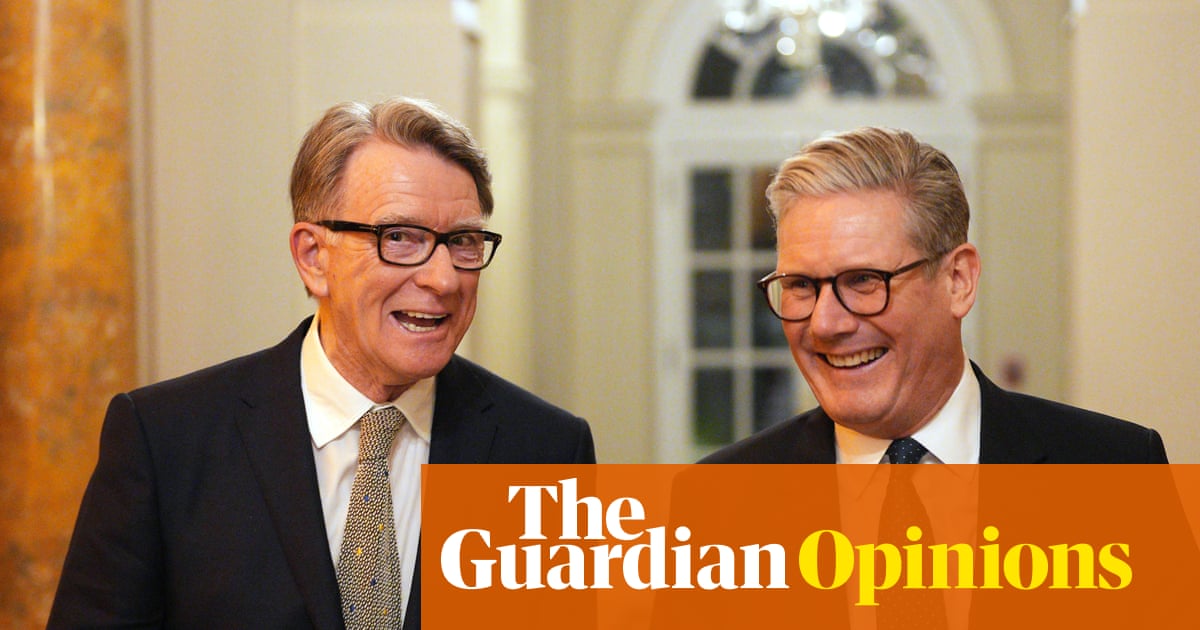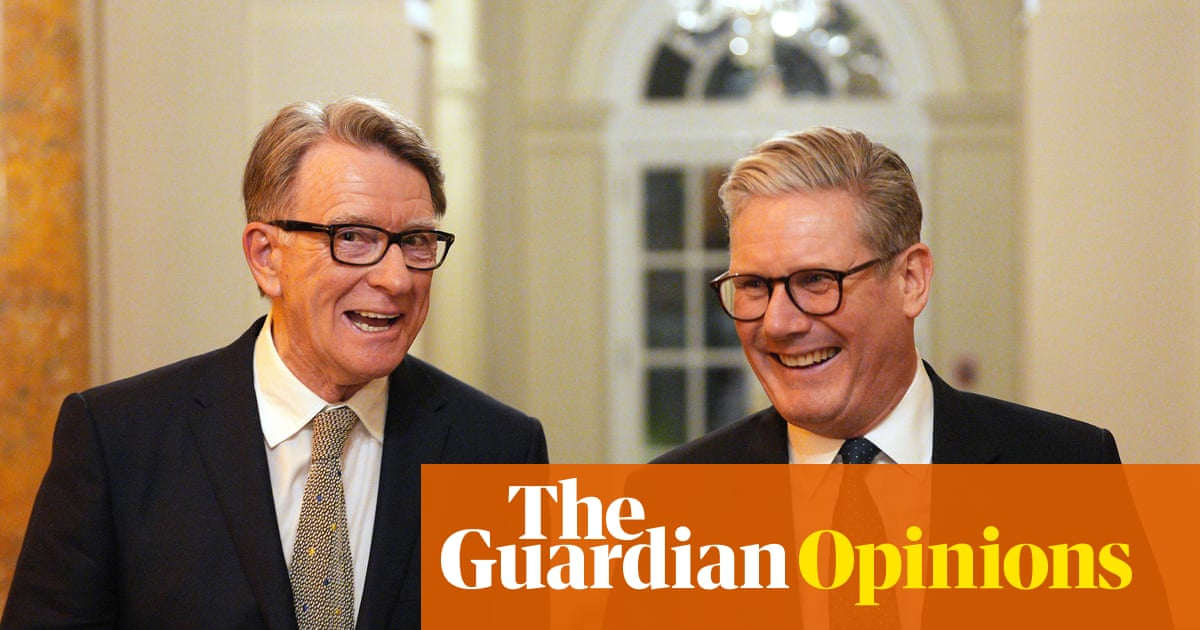Protesters blockaded the main entrance to the Cop30 climate conference for several hours early on Friday morning, demanding to speak to Brazil’s president about the plight of the country’s Indigenous peoples.
About 50 people from the Munduruku people in the Amazon basin blocked the entrance with some assistance from international green groups, watched by a huge phalanx of riot police, soldiers and military vehicles.
They hoped to speak to Lula da Silva to explain their grievances. “We demand the presence of President Lula, but unfortunately we are unable to do so, as always,” said one of the protesters. “We were always barred, we were never listened to.”
Instead the group had to settle for André Corrêado Lago, the tall, amiable Cop president, who spent more than an hour listening and talking to the group’s representatives.
Long queues formed outside the centre and delegates were diverted to a small side entrance. Eventually the activists relocated to a building to hold further discussions with Corrêa do Lago.
These protests are just a small part of what is expected at the Belem summit. For the first time in four years the UN climate conference is being held in a democracy, and senior figures at the Cop30 conference centre have encouraged the presence of civil society groups.
UN secretary-general António Guterres told the Guardian that Indigenous and other people’s organisations were needed to balance the power of corporate lobbyists, who have dominated recent summits. One in every 25 participants at this year’s summit is a fossil fuel lobbyist, according to an analysis by the Kick Big Polluters Out coalition, it emerged on Friday. Meanwhile Corrêa do Lago has said civil society will play an important role in raising the ambition of negotiators.
That spirit pervades the conference and the meetings around it. For days, activists have flooded into Belém, many borne by boat along the Amazon River itself. On Wednesday, more than 100 vessels sailed in a protest flotilla up and down Guajará Bay close to the Federal University of Pará, which has become the venue for a “people’s summit” running alongside the main climate talks.
On Saturday two inflatable serpents representing the spirit of resistance at Cop30 will be carried along the streets of the city, as thousands of Indigenous and other civil society activists remind jetsetting delegates where this Cop is taking place: the Amazon, the global frontline of environmental destruction and forest defence.
Activists argue that at best Cop climate summits are a forum where the concerns of the developing world can be expressed in the full glare of media attention and relayed back to civil society in the global north.
More than four events a day are being organised, ranging from protests against agribusinesses, transport projects and mining operations, to rallies for Palestine, health, women’s rights and Indigenous land demarcation. One demand that has emerged from civil society groups this year is a call for a new formalised body, the so-called Belém Action Mechanism (Bam), which would accelerate, coordinate and support a “just transition” towards a low-carbon economy and “orient the entire international system behind people-centred transitions at local and national levels, where workers and communities are in charge of decisions that affect their lives and livelihoods”, according to the Climate Action Network.
The vast majority of events have been peaceful and some joyous, including a performance by the celebrated Brazilian musician Gilberto Gil.
“What we are excited about in Brazil is that this country has a culture and a history of mass movements which really push political decisions for social change,” said Kudakwashe Manjonjo, who is an adviser for Power Shift Africa and part of the Climate Action Network.
“We will be part of all the demonstrations that are happening both in and outside the conference to push for climate finance, just transition and support for adaptation …The global south is mass-led. The Cop coming to Brazil has shown that spirit. We have seen Indigenous people becoming part of the process in a way that just isn’t possible in the global north.”
Louiza Salek, with the working group on Indigenous food sovereignty, said it was good to be part of the fight. She was singing “Bam Bam Bam Bam” to the tune of La Bamba with dozens of others in the hallway of the Cop to draw attention to the Belém Action Network, which wants leaders to step up their climate actions. “After three Cops with absolutely no demonstrations allowed, I feel like people want to be heard. We are all together and mobilising. We are in a democratic country where we can take actions. And this feels good. We need to be together collectively.”
Inside the conference halls negotiations continued. On Thursday the official negotiating hours were extended to 9pm in order to deal with the four particularly thorny issues on which the presidency is taking special consultation. These are focused around finance, trade, emissions-cutting pledges and transparency. A similar extension was expected on Friday night, but in practice, talks could go on much later as Brazil strives to achieve progress in the consultations ahead of a stocktake session on Saturday.

 2 months ago
54
2 months ago
54
